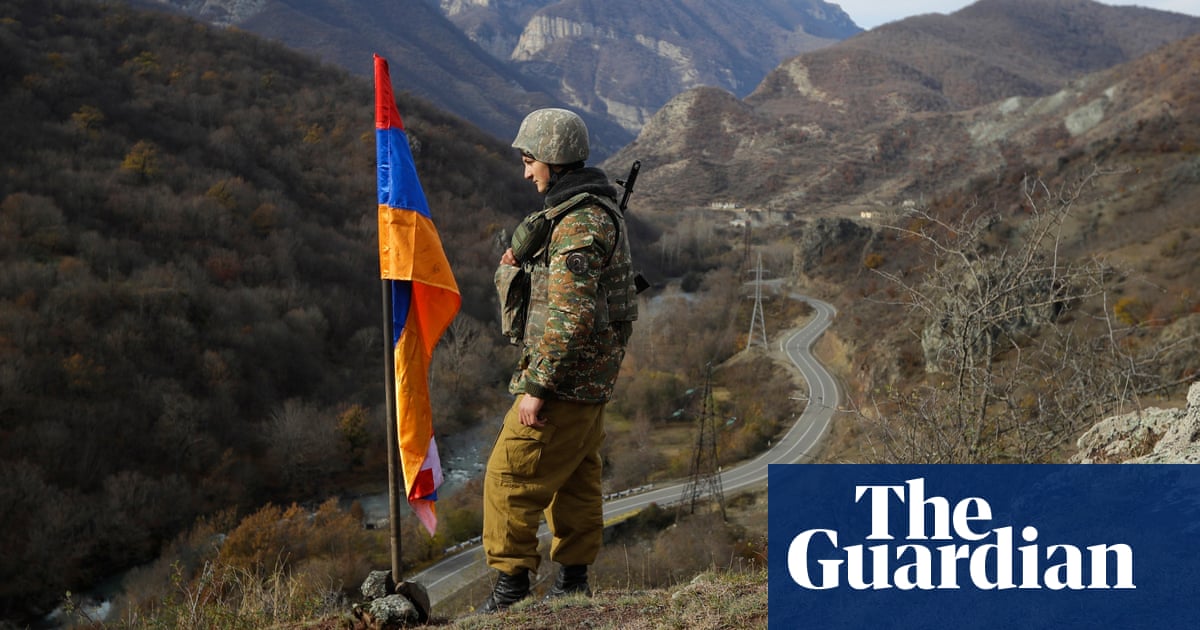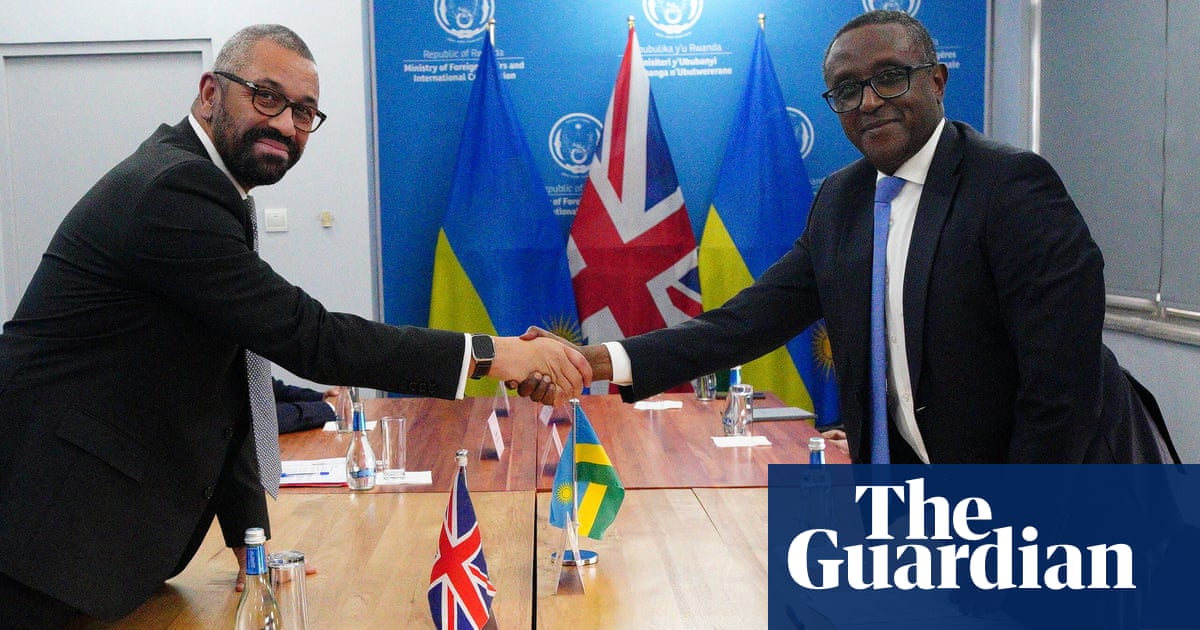
A row has broken out over Whitehall’s response to the incipient refugee crisis as a result of the war in Ukraine. Ministers have been urged to act swiftly to open Britain up to displaced Ukrainians – but on Monday morning there were mixed messages from the Home Office and No 10 over how far they plan to go. Here is what we know so far.
How has the Home Office reacted to the war in Ukraine and the refugee crisis?
On 28 February 2022, the home secretary, Priti Patel, told the House of Commons that a “bespoke humanitarian route” was being introduced for those fleeing the unlawful invasion of Ukraine by Russia. It meant that family members of British nationals could apply for a Ukrainian family scheme to enter the UK.
However, this would apply only to spouses, unmarried partners of at least two years, parents or their children if one is under 18, or adult relatives who are also carers. This would initially allow them to stay for a year.
Days later, and after criticism that the conditions were too restrictive and prevented many people with links to the UK from leaving Ukraine, they were extended to include a parent of a child who is over 18, grandparents, grandchildren or your partner’s grandchildren, brothers and sisters.
Is that the only route?
No. On Tuesday, Patel announced a second route called the “humanitarian sponsorship pathway”, for Ukrainians who are sponsored by individuals, charities, businesses and community groups. The sponsors provide housing and integration support, while those who come under this scheme will stay initially for 12 months and they will be able to work and access public services.
Did these announcements satisfy critics?
No. The government insists that applications are made on official forms and fingerprints registered, and official translations of documents provided. Family members say it is unfair to expect applicants to fill in an application form and hand over biometric data during a war.
Refugees have to work out if they are eligible, then complete forms online, provide proof of their family links and evidence of their Ukraine residence, and give biometrics, including fingerprints, in person at a UK Visa Application Centre (VAC). They also have to translate documents in Ukrainian or Russian into English.
Some Conservative MPs have claimed that the government should have shown the same generosity as the EU, which is allowing Ukrainians to live inside the bloc for a year without applying for a visa.
Charities have said that the sponsorship pathway is not yet open and that it might take months to set up.
France’s interior minister, Gérald Darmanin, wrote to Patel on Saturday, saying that the UK’s policies “lacked humanity” after 400 Ukrainian refugees had arrived at Calais to cross the Channel, but 150 were sent back and told to obtain UK visas at embassies in Paris or Brussels.
Is Patel going to open a third ‘humanitarian’ route?
Sources close to Patel briefed on Monday that one is being considered by the home secretary. However, a No 10 spokesperson and the Foreign Office minister, James Cleverly, have said that there will not be.
Are we expecting any further changes?
It is likely. With almost 1.4 million people having already fled Ukraine, and projections that 4 million could leave if the conflict escalates, the UNHCR said the UK’s scheme may need to be rapidly scaled up to cope with the size of the crisis.
Between 24 February, when the invasion took place, and 6 March, the gov.uk page “UK visa support for Ukrainian nationals” has been updated nine times, according to the Free Movement website. Expect further updates soon.












